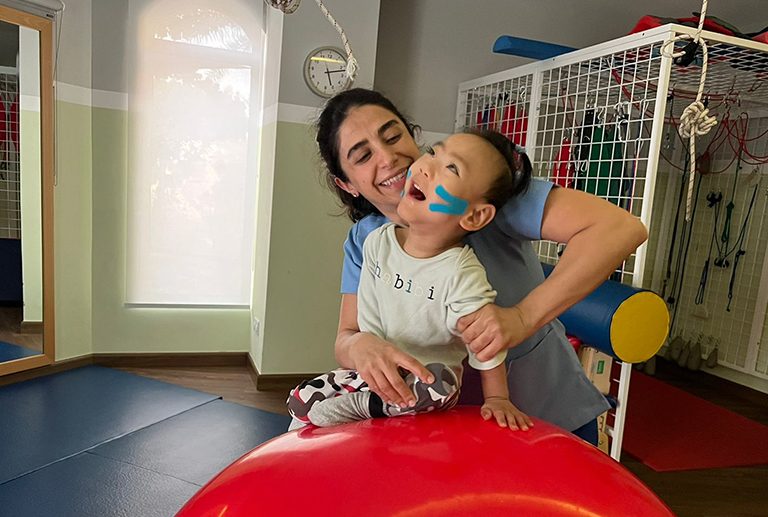
Overcoming Challenges In Pediatric Physiotherapy
Pediatric physiotherapy is a vital field aimed at improving physical development and addressing motor challenges in children. However, both therapists and families often face unique challenges during the therapeutic process. Overcoming these obstacles is important to achieving effective outcomes and ensuring that children benefit fully from their physiotherapy sessions. Here’s an exploration of common challenges and strategies for overcoming them.
Engaging children in therapy:
One of the primary challenges in pediatric physiotherapy is keeping children engaged and motivated. Therapy sessions can sometimes feel repetitive or difficult, leading to decreased interest or cooperation. To address this, therapists can incorporate playful, game-like elements into exercises. Using toys, interactive activities, and incorporating the child’s interests can make sessions more enjoyable. Creating a reward system or incorporating a child’s favorite activities into therapy can also boost motivation and adherence.
Communicating with young children:
Communicating effectively with young children can be challenging due to their limited attention spans and understanding. To overcome this, physiotherapists should use simple, clear language and visual aids to explain exercises and goals. Demonstrating movements and using engaging, age-appropriate explanations can help children understand what is expected of them. Positive reinforcement and encouragement also play an important role in maintaining their interest and compliance.
Addressing parent concerns and involvement:
Parents may have concerns or misunderstandings about the therapy process, which can impact the child’s progress. It’s essential for therapists to maintain open communication with parents, providing clear explanations of the therapy goals and methods. Offering guidance on how parents can support their child’s therapy at home, including specific exercises or activities, helps ensure consistency and reinforces progress. Regular updates and discussions about the child’s development can also alleviate concerns and nurture a collaborative approach.
Managing therapy-related stress:
Both children and their families may experience stress related to therapy, whether from the time commitment, perceived lack of progress, or the physical demands of the exercises. Therapists can help manage this stress by setting realistic goals and celebrating small successes along the way. Providing a supportive environment and addressing any emotional or psychological concerns can help reduce anxiety and improve the overall therapy experience.
Adapting to changing needs:
Children’s needs and abilities can change rapidly, requiring frequent adjustments to therapy plans. It’s important for therapists to regularly reassess the child’s progress and adapt treatment plans accordingly. Flexibility and ongoing evaluation ensure that therapy remains relevant and effective as the child grows and their needs evolve.




